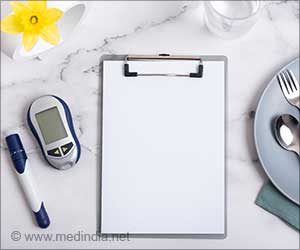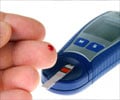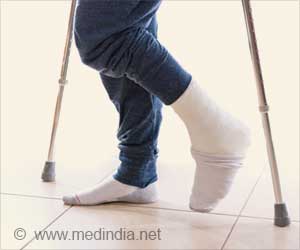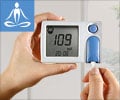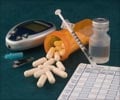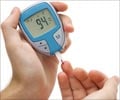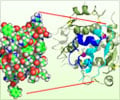- Diabetes Food Myths - (https://www.diabetes.org.uk/guide-to-diabetes/enjoy-food/eating-with-diabetes/diabetes-food-myths)
- 10 Tips for Healthy Eating with Diabetes - (https://www.diabetes.org.uk/guide-to-diabetes/enjoy-food/eating-with-diabetes/10-ways-to-eat-well-with-diabetes)
- Diabetes Diet, Eating, & Physical Activity - (https://www.niddk.nih.gov/health-information/diabetes/overview/diet-eating-physical-activity)
- Nutritional Recommendations for Individuals with Diabetes - (https://www.ncbi.nlm.nih.gov/books/nbk279012/)
Diabetic Diet
Essentials of a Diabetic Diet
The diabetic diet has to be used wisely in combination with insulin doses or with oral hypoglycemic drugs.
The main objective of diabetic diet is to maintain the ideal body weight, by providing adequate nutrition and also regulating the blood sugar levels within the normal range.
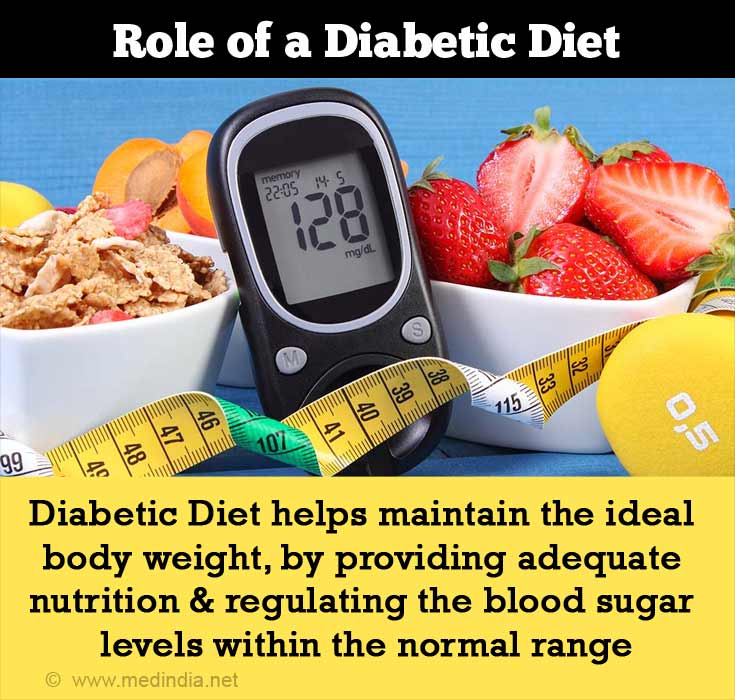
The diet plan for a diabetic is based on the body’s BMI, age, sex, physical activity and type of diabetes. While planning the diet certain complications such as high blood pressure, high cholesterol levels are taken into consideration.
Based on the above criteria the dietician will assess the total daily calorie intake.
As such there is no common diabetic diet plan that will work for everyone. Nor is there any particular diet plan that works perfectly for a diabetic for a long duration. Changes have to be made periodically depending on various aspects.
While planning the diet for a diabetic we should consider certain important factors, like:
- Fiber intake should at least be 40 gm/day (1.4 oz / day)
- Small frequent meals (5 to 6) are to be planned
- Whole grain and high fibre foods should be encouraged over refined foods, sweets and fried foods and bakery products. Carbohydrates should be avoided 2 hours before bedtime
- More of fresh fruit and vegetables should be eaten
A diabetic should have food that is high in nutrition and low in calories.
The 1800 calorie diabetic diet plan is helpful to people with diabetes mellitus. During the entire day, the total calorie intake should be 1500-1800 calories– 60% carbohydrate, 20% fat and 20% proteins. If you are on calorie-restricted diet, make sure to take 50-60% of calories as complex carbohydrate (whole cereals). Glucose is a sugar released from carbohydrates so, in order to control the blood sugar levels the consumption of simple carbohydrates should be limited. Also with consumption of simple carbs there is sudden rise in the insulin levels. Immediate peaking of insulin, over a period of time leads to increase in fat mass and other long standing disease conditions.
As whole grains, fruits and vegetables are in rich in fibre, a diabetic diet should majorly comprise of above food groups.

